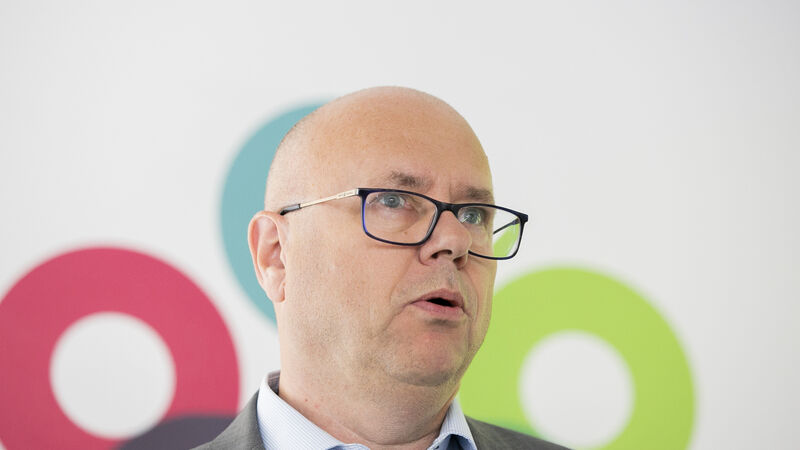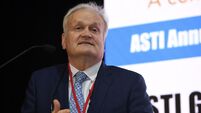Public sector pay talks must focus on cost of living, says trade union president

ICTU president Kevin Callinan said the relatively recent advent of inflation has led the European Central Bank (ECB) to identify excessive company profits as a bigger driver of inflation than wage demand. Picture: Gareth Chaney/ Collins Photos
The cost of living must be the main focus in pay talks this year for public service unions, the president of the Irish Congress of Trade Unions (ICTU) has warned.
Kevin Callinan made the remarks as he addressed delegates of the Irish National Teachers Organisation (INTO) as the union’s annual congress got underway in Killarney on Monday. Mr Callinan is the general secretary of Fórsa trade union and chairs the ICTU’s Public Services Committee (PSC).













